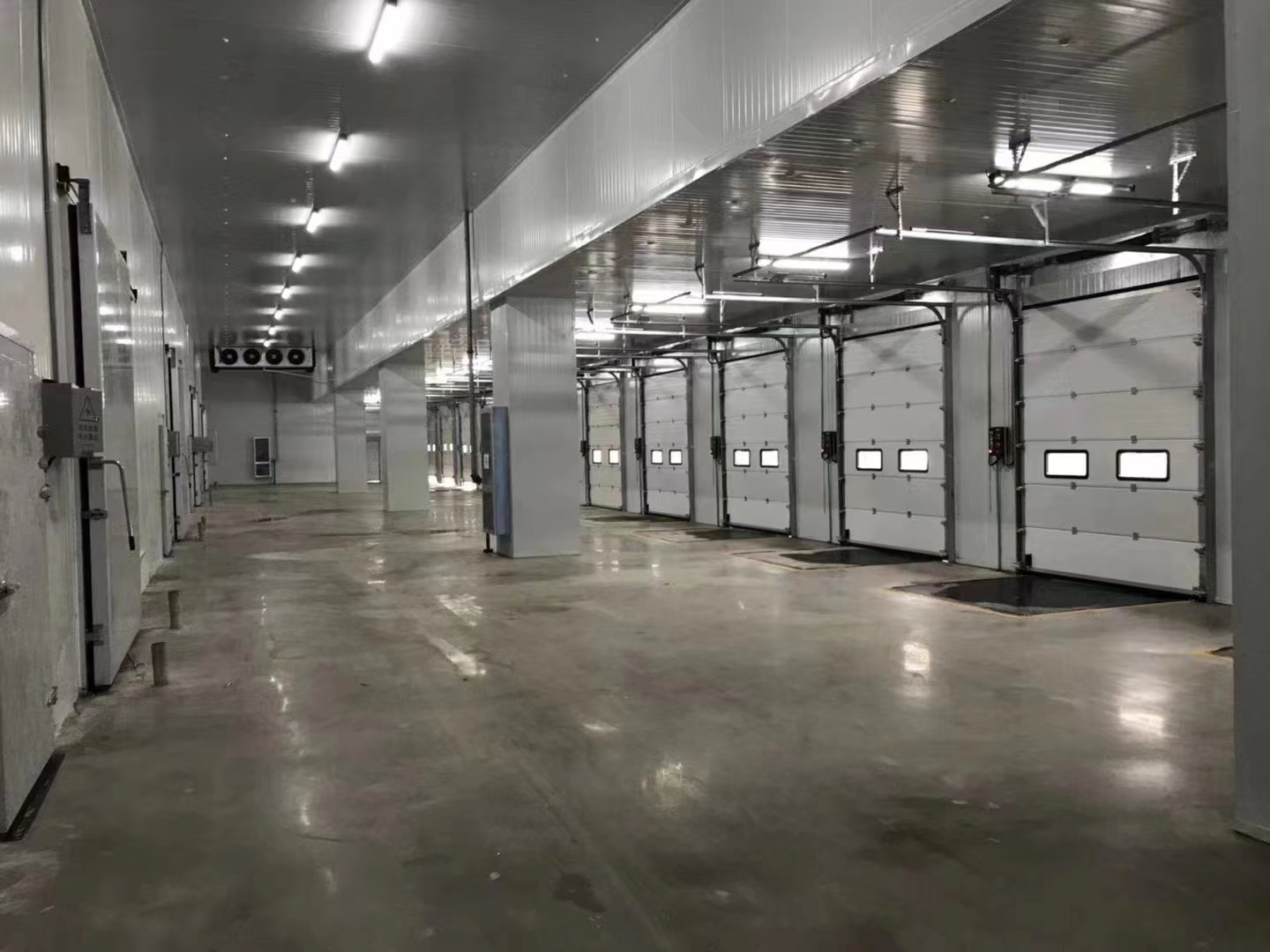China Industrial Chiller System - Efficient Cooling Solutions for Your Business
Understanding China’s Industrial Chiller Systems
Industrial chiller systems play a crucial role in numerous manufacturing and processing operations. In China, the demand for efficient and reliable cooling solutions has surged in tandem with rapid industrial growth and urbanization. Chillers are vital for industries such as pharmaceuticals, plastics, food and beverage, and chemicals, where maintaining precise temperatures is essential for product quality and operational efficiency.
What is an Industrial Chiller System?
An industrial chiller is a mechanical device that removes heat from a liquid via a vapor-compression or absorption refrigeration cycle. This cooled liquid is then circulated through heat exchangers to absorb heat from the processes, thereby maintaining a consistent and required temperature. Chillers are essential for preventing overheating in equipment, enhancing operational efficiency, and improving product quality by maintaining stable temperature conditions.
Types of Industrial Chillers
1. Air-Cooled Chillers These systems use air to cool the refrigerant. They are typically less expensive and easier to install than water-cooled chillers. Air-cooled chillers are suitable for smaller operations or where water availability is an issue.
2. Water-Cooled Chillers These systems utilize water as a cooling medium and are more efficient over larger capacities. They require a cooling tower, making them more complex but ideal for large industrial applications.
3. Screw and Scroll Chillers These types of chillers offer higher efficiency levels and are often used in larger installations. Screw chillers are known for their reliability and ability to handle varying load conditions, while scroll chillers are compact and quieter, making them ideal for smaller facilities.
china industrial chiller system

The Role of Chillers in China’s Industries
With China's focus on industrialization, there has been a significant push towards implementing energy-efficient technologies. Industrial chillers contribute to this effort by providing cooling solutions that minimize energy consumption. The integration of advanced technologies, such as variable frequency drives and temperature control systems, allows for improved efficiency and reduced operational costs.
Moreover, chillers play a key role in sectors like pharmaceuticals where even slight temperature variations can affect product integrity. In the food and beverage industry, maintaining specific temperature controls during processing and storage is vital to ensure food safety and quality. As China's manufacturing landscape evolves, the need for reliable chillers continues to grow.
Future Trends
As environmental concerns rise globally, the focus on sustainability in industrial processes is becoming increasingly important in China. The development of eco-friendly refrigerants, along with advancements in chiller technology such as energy recovery systems and smart monitoring, are becoming prevalent trends. Manufacturers are now investing in chillers that promote energy savings and a reduction in greenhouse gas emissions.
Furthermore, the rise of industrial automation and the Internet of Things (IoT) is set to transform how chiller systems operate, allowing for real-time monitoring and predictive maintenance, which can significantly enhance efficiency and prolong the lifespan of cooling systems.
Conclusion
In conclusion, industrial chiller systems are indispensable in China’s industrial sector. They not only support numerous manufacturing processes but also play a vital role in enhancing energy efficiency and product quality. As industries continue to modernize and prioritize sustainability, the future of industrial chillers in China looks promising, with continuous advancements poised to transform the landscape of industrial cooling solutions.






